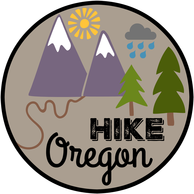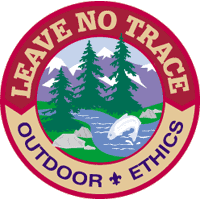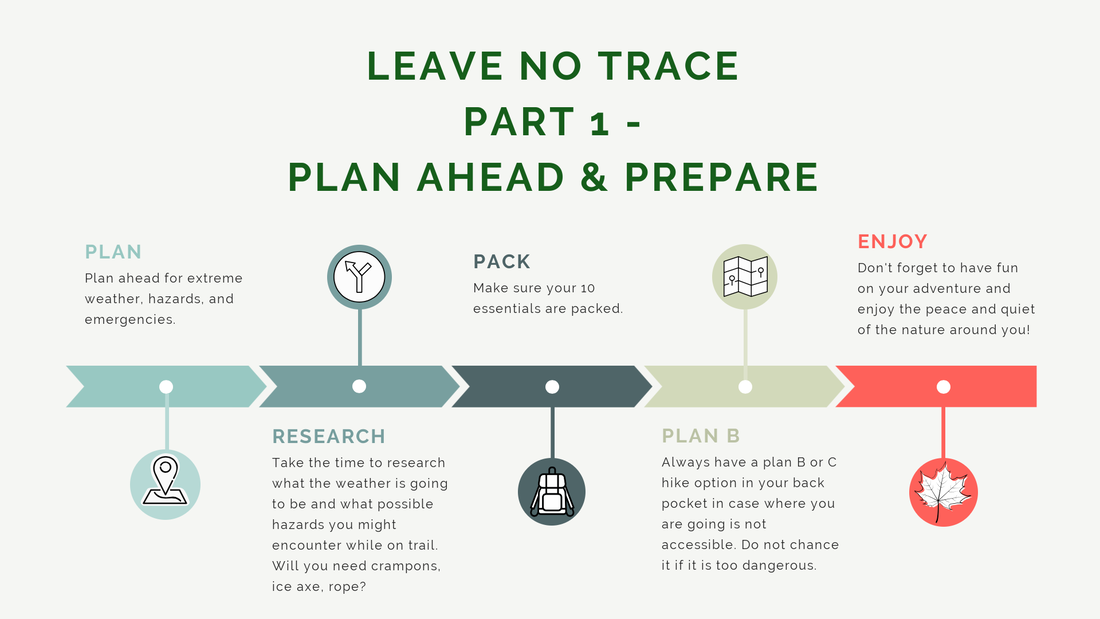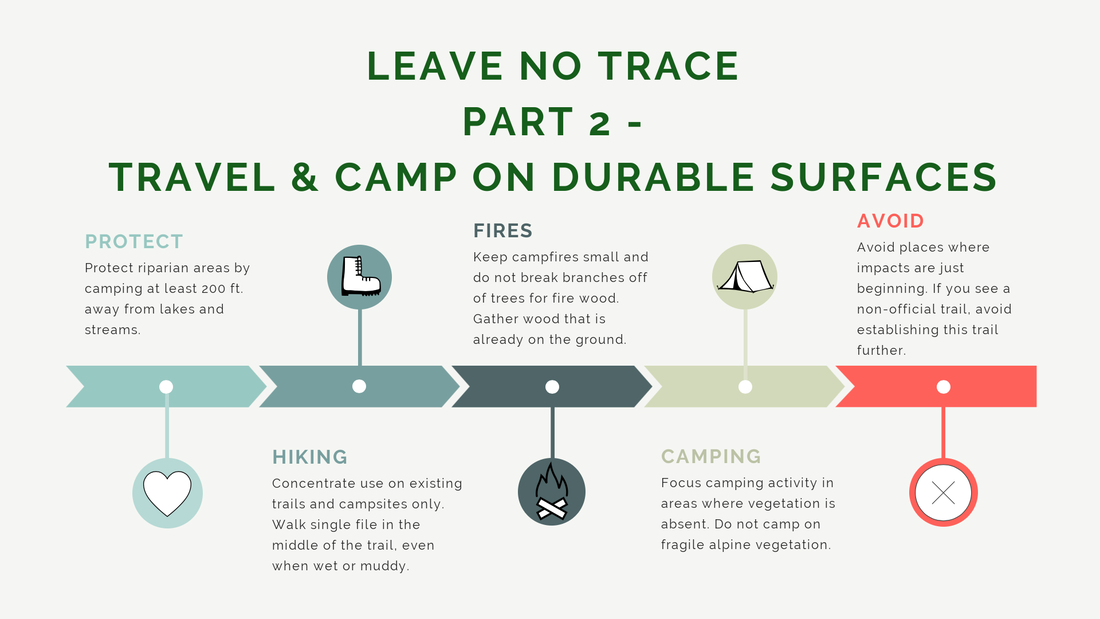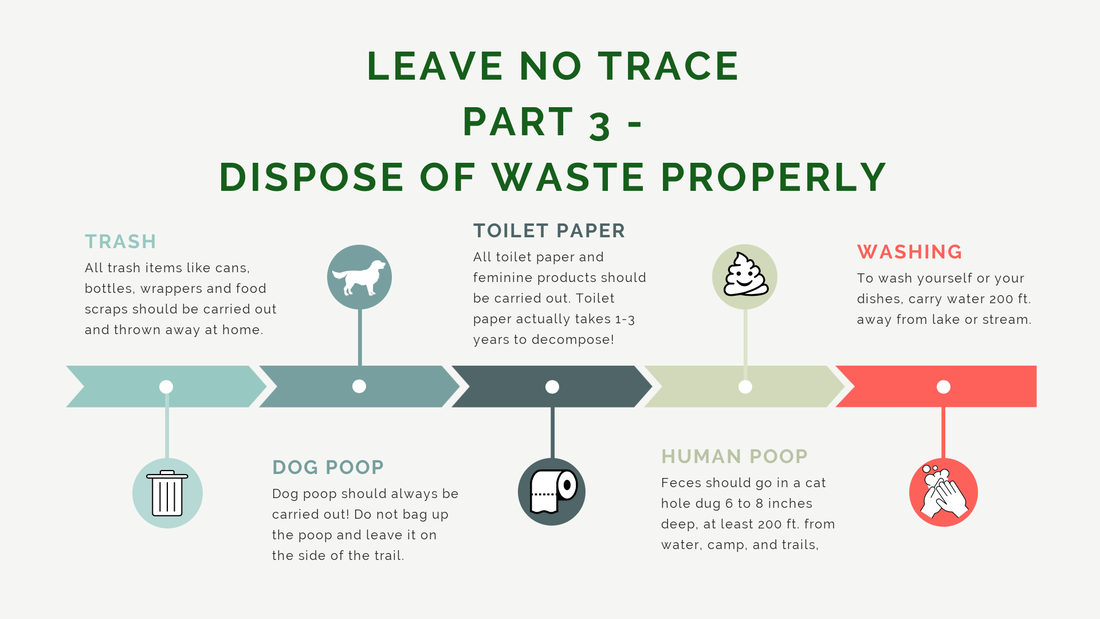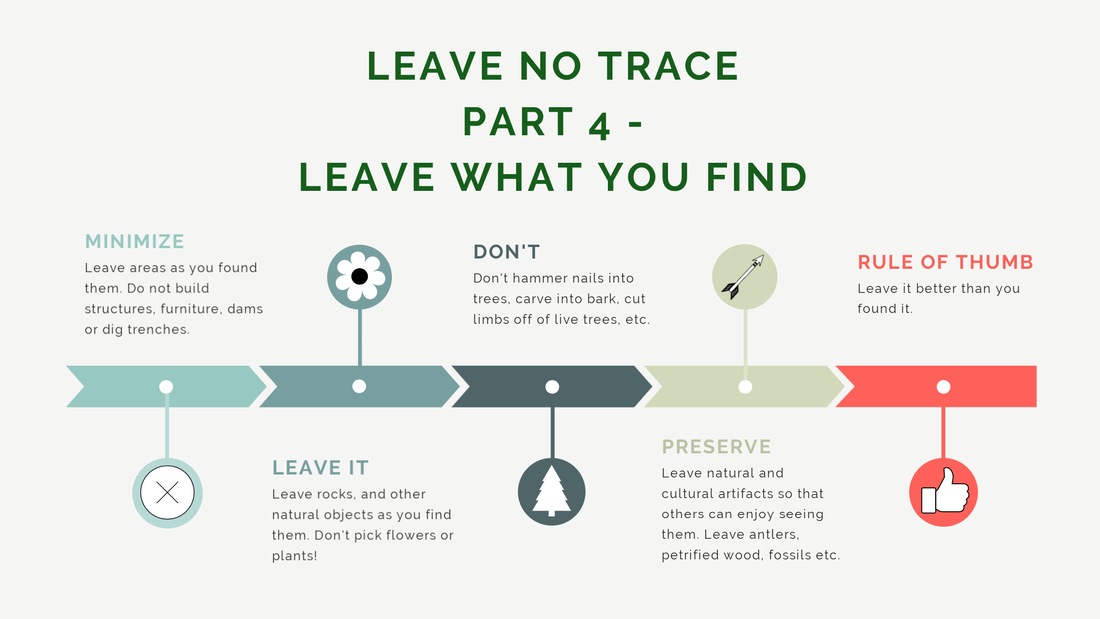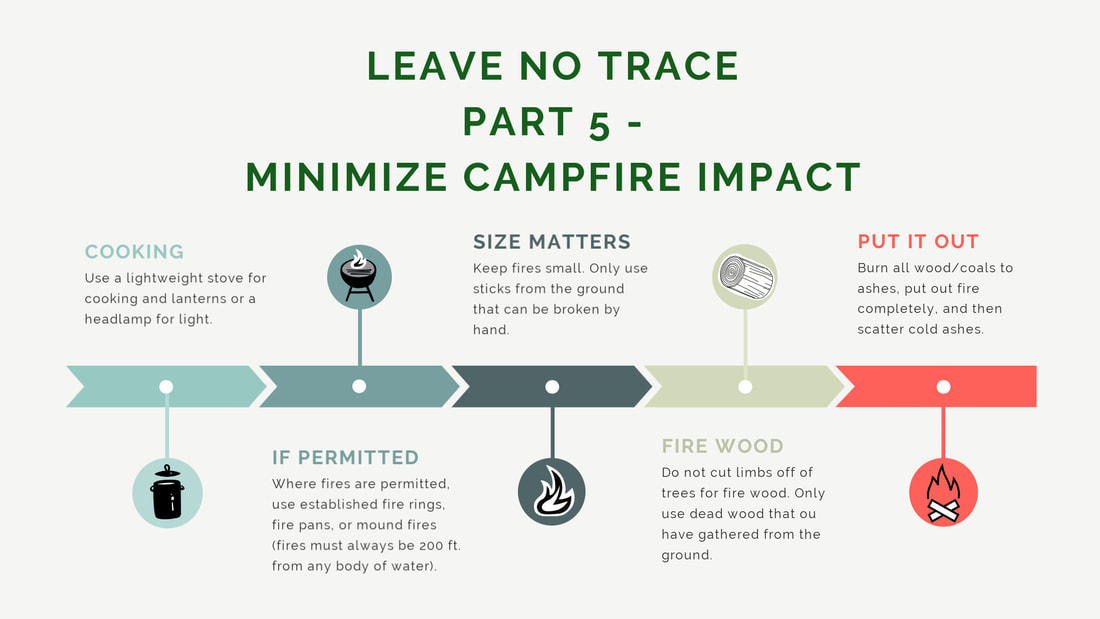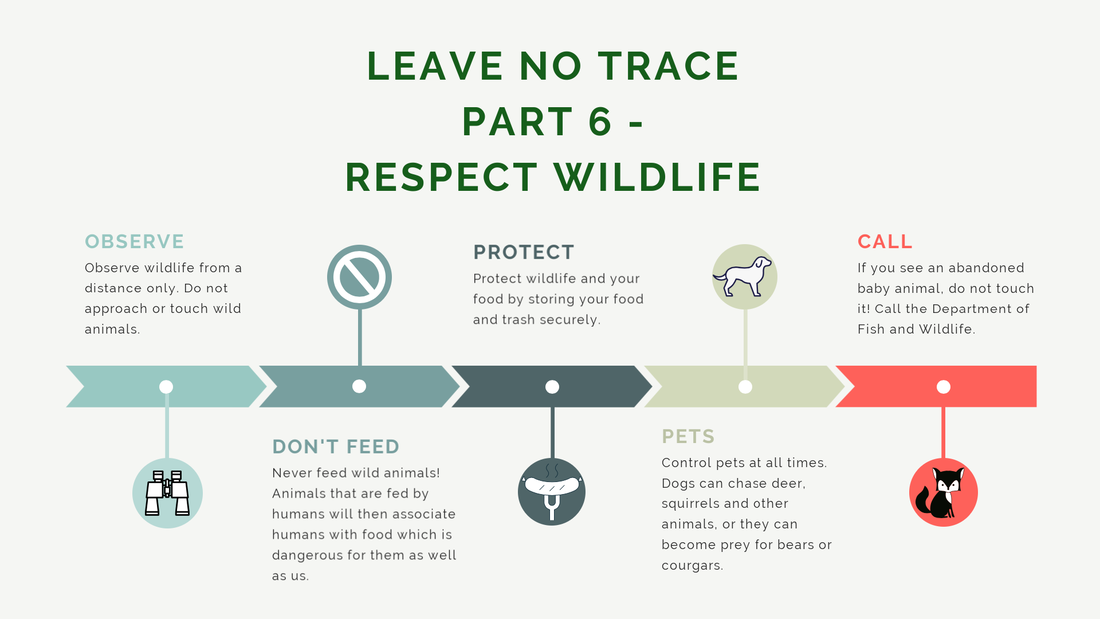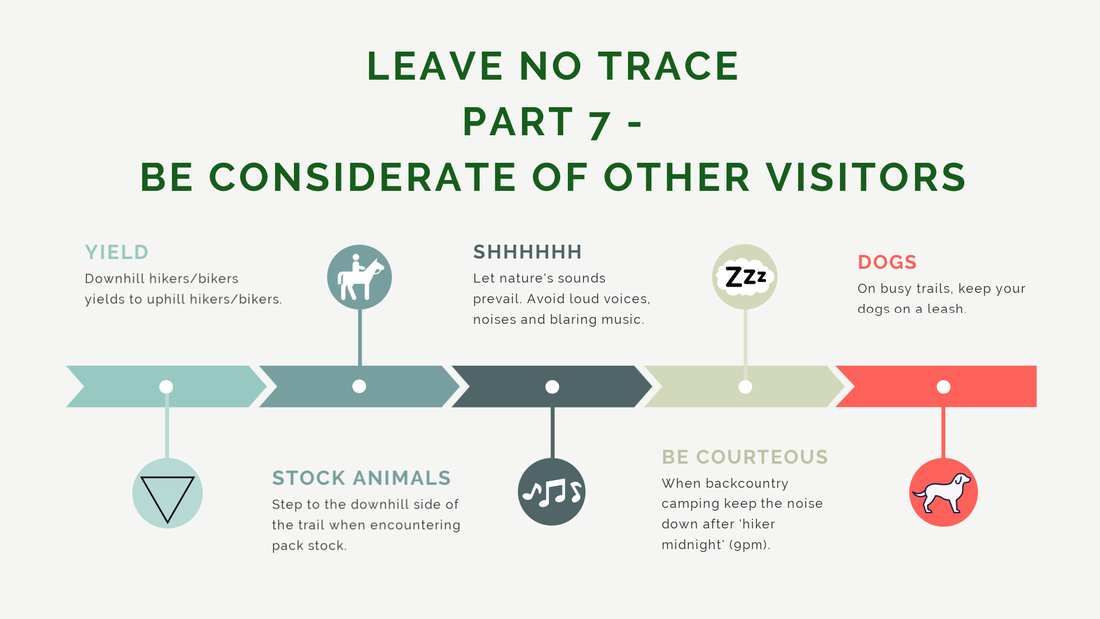Leave No Trace
|
On the back of every wilderness use permit, you will find the 7 'Leave No Trace' principles.
These are very important to follow, especially if we want these beautiful forests, rivers, lakes and trails to be here in the future for our children and grandchildren to see. In Oregon alone there are many trails where daily entry has to be limited, due to it being overrun with people and our many things that we bring with us that can often destroy nature. Please read these 7 principles and make sure to always follow them. |
